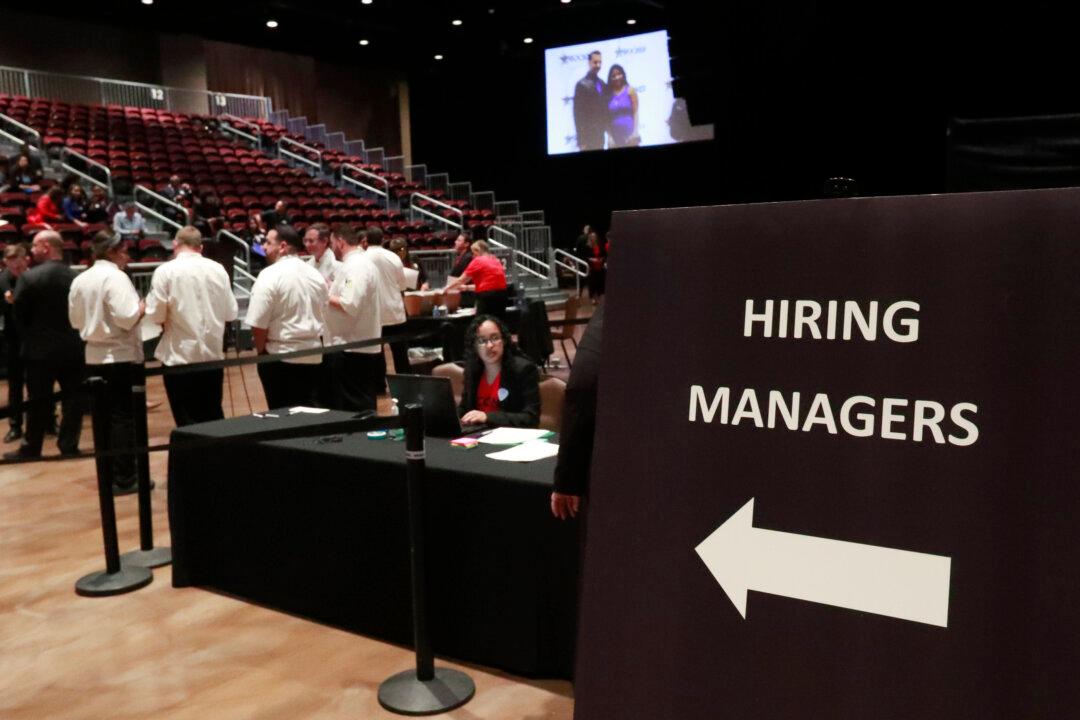Private employers in the United States hired more workers in September than economists predicted, with the ADP National Employment Report on Sept. 30 showing 749,000 new jobs.
Economists surveyed by Refinitiv anticipated a figure of 650,000, with the better-than-expected jobs number a sign of continuing recovery in the U.S. labor market, which has taken a beating from CCP (Chinese Communist Party) virus lockdowns and associated economic fallout.





